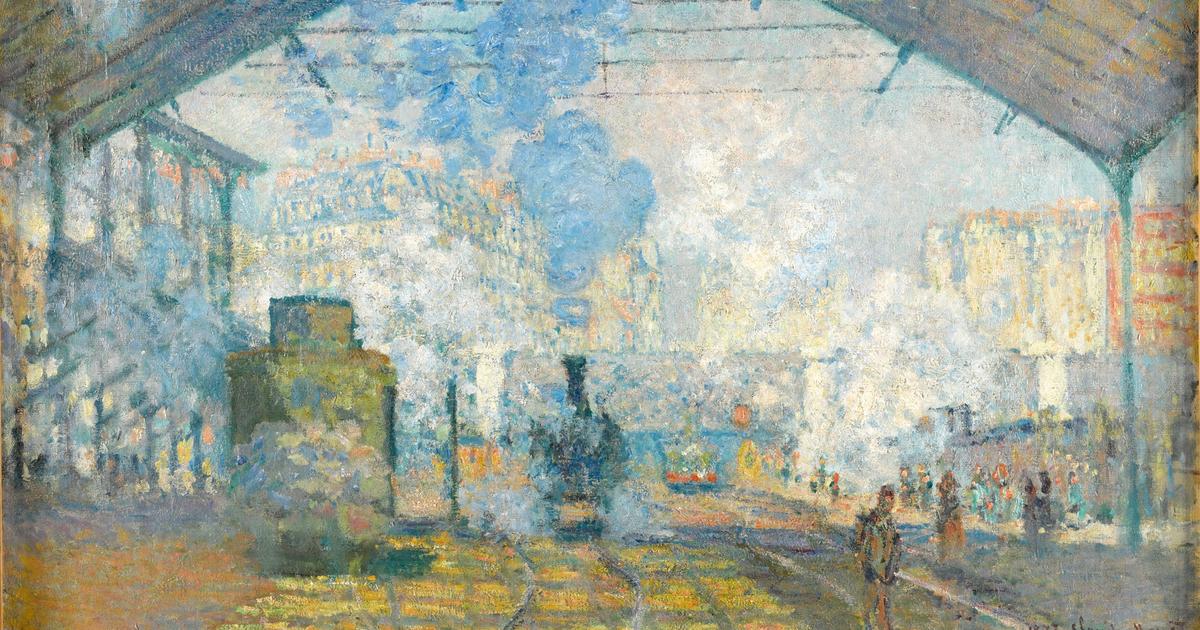"Politics is not the strong point of the Catalans." Such a resounding statement is made by the journalist Enric Juliana in the aftermath of his new book, a personal memory of the civil war and the postwar period that he did not live but knew through the memories and confidences of his friend Manuel Moreno Mauricio. This was an old leader of the communist party, sentenced to death by the Franco regime and whose sentence was commuted by the probable mediation of Evita Perón at the request of a village priest. MMM, as the author calls him from the acrostic of his name, served seventeen years in prison in the Burgos prison, where he coincided with numerous political prisoners of the dictatorship. The prison became a place for debate on the tactics to be followed by the clandestine opposition to Francoism, hegemonized by the communist party, and the vision that each one had about the future of Spain.
The story is a vision of the recent history of our country written with due passion, without obscuring the condition of reporter from the past that Juliana assumes. Her style is urgent, almost frenetic, oblivious to any literary temptation, except in the last chapter and the epilogue, when the author's personal nostalgia emerge. This ending, with moments of almost lyrical profiles, is the breakwater where all the conspiracies, ruptures and betrayals previously narrated crash. The memory of Catalonia that he lived in his childhood and youth, while the left was engulfed in an internal war between parties, splits, exiles, factions and small groups. A whirlwind of found geostrategies, blind obedience to Moscow except when the Kremlin encouraged the establishment of relations with Franco's Spain, and even supported the monarchy of Don Juan as a solution for the future. The torture and harassment of the Francoist police, the assassinations of Stalinism, the survival of the dictatorship thanks to the world alignment during the Cold War, are related in detail but without ridicule, as if it were only a matter of recording the facts. And in the background, permanently, the unfortunate and admirable personal adventure of MMM, always at the service of the cause of the proletariat, a person of peace who ends up serving the guerrillas to end up finding his bones in jail. Others were not so lucky, nor a priest to save them, and ended up in front of the firing squad.
The description of the Burgos prison helps to understand the moral and material misery of the Franco regime
The book does not stop being a personal memory at any time; For this reason, there are some gaps in the historical account, which do not detract at all from its contribution to the knowledge of certain facts. Perhaps the most outstanding thing is his analysis of the development of the PSUC, the Catalan communist party, and the controversies that its marked nationalist character aroused among the left. These are summarized in the opinion of Palmiro Togliatti, historical leader of Italian communism and volunteer against fascism in the war in Spain. In a report submitted to the Comintern in 1938, he defined the PSUC as "a party with a petty bourgeois nationalist tendency, infiltrated by Freemasonry."
His description of the Burgos prison, a prison that once housed a good number of political dissidents and ETA militants, helps to understand not only the moral, but also the material misery of Franco's Spain. It was not until well into the sixties that our country was able to join the developmental tendencies, thanks to the stabilization plan launched by the Opus Dei bureaucrats, which marked a before and after in the economic policy of the dictatorship. Juliana defends a risky thesis in this regard. He assures that the transition to Spanish modernity and to this day has been carried out through three stabilization plans. The first, that of 1959, “disoriented the communists” who, according to him, did not know how to interpret the change in conditions driven by the country's economic growth, the rise of the middle classes and social improvements. The defection of leaders and militants of the caliber of Fernando Claudín, Jorge Semprún or Javier Pradera was not the exclusive result, however, of their ideological discrepancies with the leadership, as he points out. Santiago Carrillo's internal authoritarianism in personal relationships played a significant role. The second plan is attributed to the now famous Moncloa Pacts that were made "with the active support of the communists." It is debatable to confuse the economic aspects of those agreements with a stabilization plan. In addition, as important as they were the political commitments, as has been highlighted recently. But it is true, as he points out, that in reality that was a clamp against the PSOE, orchestrated between the UCD and Santiago Carrillo, which aspired to turn the PCE into the hegemonic party of the left. Finally, defining the austerity policy imposed by the Rajoy government after the disaster bequeathed by Rodríguez Zapatero as a stabilization plan seems like a small conceptual abuse. But regardless of these nuances and other similarities, or perhaps thanks to them, the book helps to critically understand the future of the Spanish left, today in power. In the end we are warned that the author has not told everything. We await the continuation.
SEARCH ONLINE 'We have not come here to study / Here we have not come to study'
Author: Enric Juliana
Translator: Carme Casals
Publisher: Arpa, 2020.
Format: 360 pages. 19.90 euros
FIND IT IN YOUR BOOKSTORE


/cloudfront-eu-central-1.images.arcpublishing.com/prisa/TOX46SN7LVG6VITCFU2H3LUHYE.jpg)

/cloudfront-eu-central-1.images.arcpublishing.com/prisa/PHQ7BFJA6RFADDAP7BLWG65SVM.jpg)


/cloudfront-eu-central-1.images.arcpublishing.com/prisa/S4BTGDA7TFEMFBJYT4VGJQNXEY.jpg)

